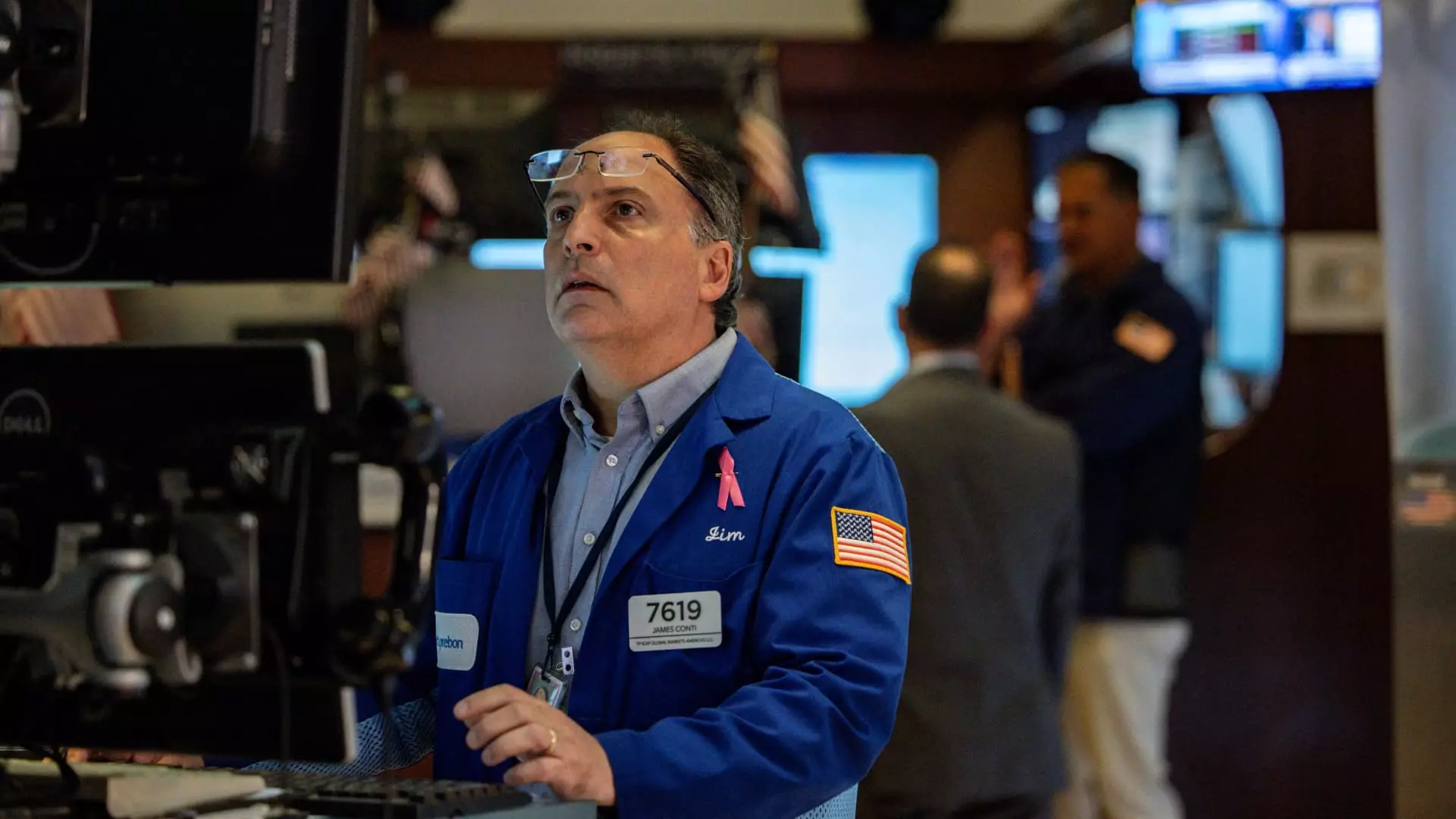Recent financial movements reveal a troubling pattern: markets, which once seemed resilient, are now vulnerable to the unpredictable whims of political leadership. What was once a steady ascent—bolstered by robust corporate earnings and a cautiously optimistic outlook—is now visibly shaky due to the escalation of trade conflicts. The decline observed on Friday underscores the precariousness of relying on diplomatic signals and tariff policies as a foundation for sustained economic growth. Instead of fostering stability, these unpredictable trade measures sow seeds of doubt among investors, disrupting the delicate equilibrium that markets depend upon to flourish. The signals from Washington, especially the sudden announcement of hefty tariffs, expose an unsettling truth: economic security is increasingly at the mercy of political posturing rather than sound policy.
Tariffs as a Double-Edged Sword: Short-Term Gains, Long-Term Damage
President Trump’s decision to impose a 35% tariff on Canada and threaten more aggressive tariffs across other nations exemplifies a shortsighted approach that risks devastating long-term consequences. While Trump attempts to frame these actions as leverage against unfair trade practices or even as responses to national security concerns like fentanyl trafficking, the reality is that tariffs are inherently destructive to a healthy global economy. They distort markets, inflate prices, and provoke retaliatory measures, creating a spiraling conflict that ultimately harms consumers, manufacturers, and investors. The optimism surrounding tariff hikes, evidenced by the market’s brief record highs prior to the announcement, was misplaced. These gains were superficial, built on speculation and an illusion that trade tensions could be managed without significant fallout. Now, with markets tumbling, it becomes clear that such policies, driven by ego or political calculation, threaten to erode the foundational trust necessary for economic progress.
The Political Narrative vs. Economic Reality
The Trump administration’s framing of tariffs as a weapon to enforce fairness or curb illegal activities like fentanyl trafficking simplifies a complex issue into a political soundbite. In reality, these measures are blunt tools that often cause more harm than good by disrupting established trade relationships and fostering uncertainty. The tweet-sized jabs at allies like Canada, coupled with vague promises of broader tariffs pending negotiations with the EU and other countries, reveal a disconnect between political rhetoric and economic well-being. Such aggressive posturing disregards the fact that global economies are interconnected; retaliatory tariffs and trade wars only serve to diminish economic growth prospects, inflate costs, and erode consumer confidence. The inconsistency in policy announcements and the lack of comprehensive strategy resemble a game of geopolitical chicken, where the real casualties are everyday citizens and businesses caught in the crossfire.
A Center-View on Responsible Leadership in Trade
In the center of this storm lies a crucial question: what kind of leadership is needed to stabilize markets and foster sustainable economic growth? A balanced approach—one that recognizes the importance of protecting national interests while maintaining open, fair trade—should be the guiding principle. Such a pragmatic stance emphasizes diplomacy, strategic negotiations, and international cooperation rather than impulsive tariffs and isolationist rhetoric. It is critical that policymakers move beyond the rhetoric of dominance or punishment to actual solutions that address underlying issues such as unfair trade practices or illegal trafficking. While the populist appeal of tariffs may provide quick political wins, they are ultimately destructive to the fabric of global commerce and domestic prosperity. Sensible leadership understands that stability, transparency, and collaboration—not unilateral threats—are the true foundations of a resilient economy.
Looking Ahead: The Cost of Political Recklessness
As investors brace for the upcoming earnings season and await further clarity on trade negotiations, it becomes undeniable that reckless political actions cast a long shadow over economic stability. The week’s losses serve as a warning: reliance on volatile policies breeds needless volatility. Responsible, forward-looking leadership should prioritize de-escalation and multilateral solutions over brinkmanship and tariff threats. The market’s reaction is a stark reminder that economic health depends on predictability and trust—elements that are severely compromised when politics take center stage over pragmatic policy. The challenge now is to steer away from this precipice and ensure that economic policies are driven by long-term vision, not impulsive retaliation. Without such a pivot, the risks of an entrenched trade war and its ripple effects on global stability remain alarmingly high.


Leave a Reply